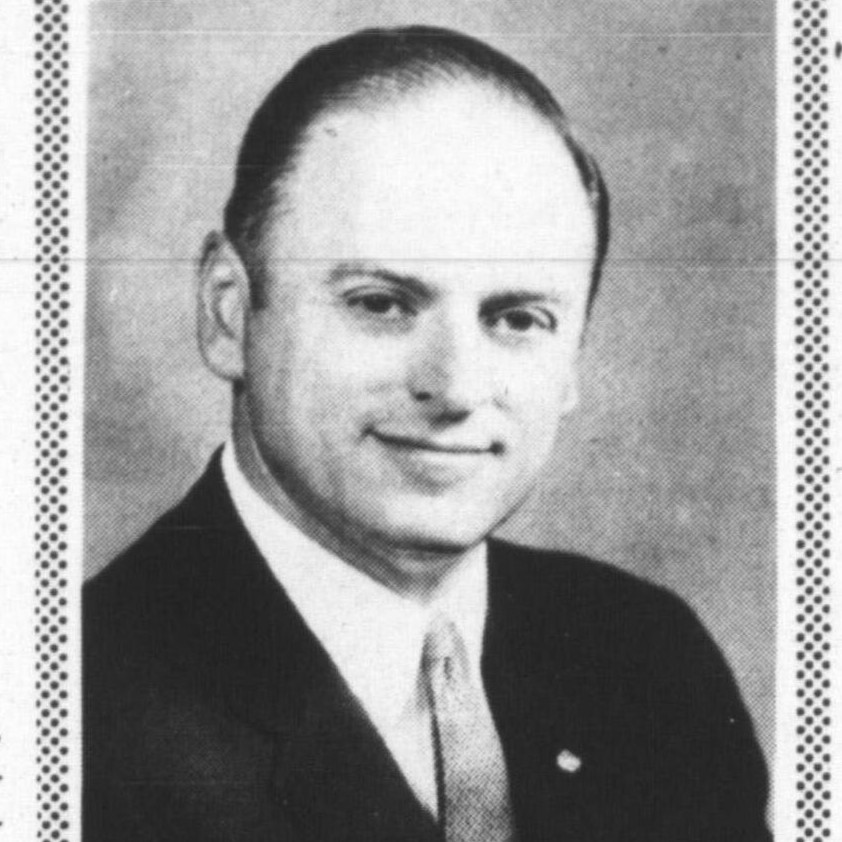Bert Berkley (z”l), one of Kansas City’s foremost civic leaders, died at age 100 on July 16.
Well known as the head of his family business, envelope company Tension Corporation, his work and effects on the community in a wide range of fields, both Jewish and not, have left a strong legacy.
In addition to his lengthy list of achievements and awards for his work in the greater Kansas City community, as well as his service during World War II and the Korean War, Berkley was an eminent Jewish community member. He has been mentioned in more than 200 issues of The Kansas City Jewish Chronicle, often along with his wife, Joan.
A profile in the May 2, 1969, issue of The Chronicle — 54 years ago — called Berkley “a Vital Force in City’s Development.”
“[Synagogue membership] may replenish his spiritual being, but the source of the physical strength, hidden behind Berkley’s generous, welcoming smile, remains a mystery,” the article read.
He was born with the last name Berkowitz, and though he changed his last name to Berkley, he never attempted to hide his Judaism. He was deeply involved with Jewish causes throughout his life, with Chronicle articles mentioning his involvement with nearly every Jewish and Jewish-adjacent civic organization in town, including — but not limited to — Jewish Federation of Greater Kansas City, Menorah Medical Center, B’nai Brith, the National Conference of Christians and Jews and, most prominently, the Jewish Community Relations Bureau | AJC (JCRB|AJC).
Berkley’s work with JCRB|AJC began before the two organizations were merged as a president of the Kansas City AJC office. He also served on JCRB|AJC’s board and advisory board, the latter until his passing. Berkley was considered so instrumental to the organization that JCRB|AJC’s executive director position title is “The Bert Berkley Chair for Community Relations,” and he was the recipient of its highest award, the Henry W. Bloch Human Relations Award
“Bert was kind and compassionate to all. He was known for his good-naturedness, living a life of gratitude and generosity not just of resources but of spirit. He modeled dignity, leadership and inclusion. He truly was a role model for everyone who knew him—the kind of person we all aspire to be,” wrote JCRB|AJC Interim Executive Director Neta Meltzer in an email from the organization sent to community members. “He was a mentor, advisor and friend to JCRB|AJC's staff, often working closely with the executive director. His doors were always open and he delighted in conversation, always ready to mentor, assist or just enjoy company.”



